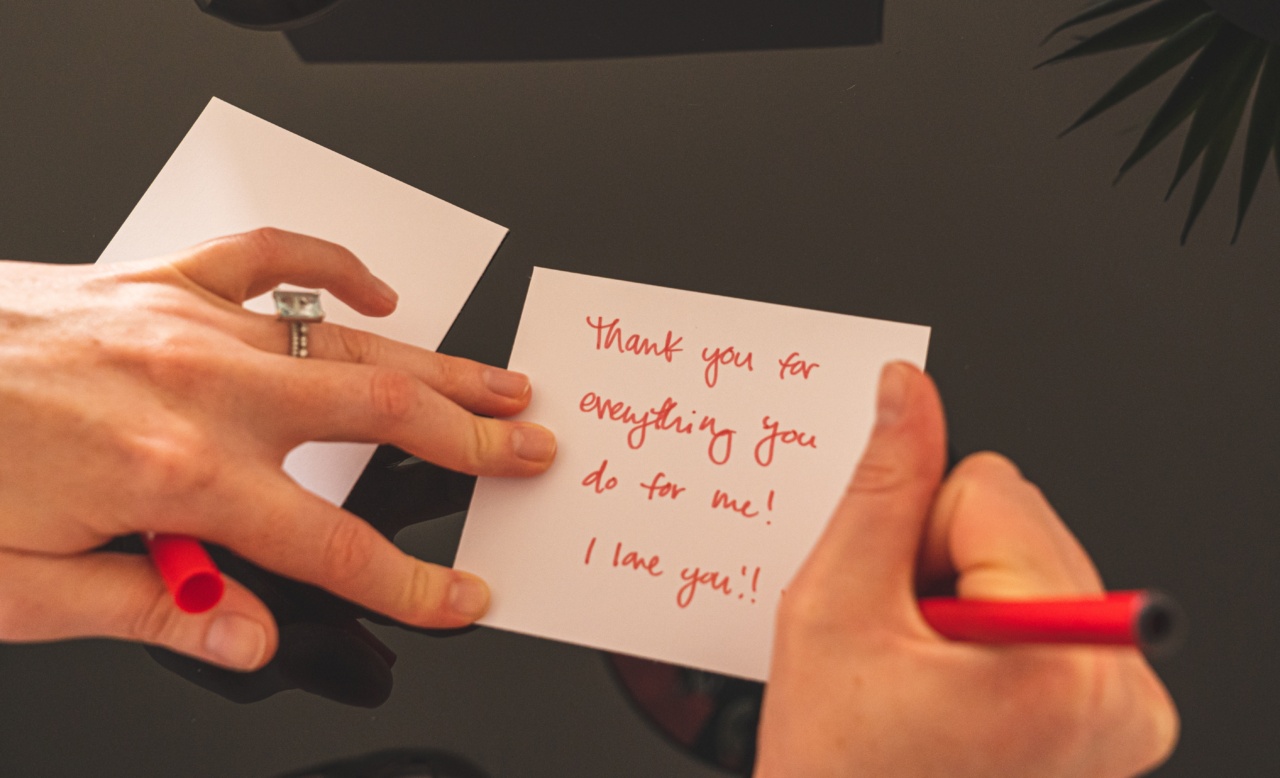When it comes to taking a shower, most people think they know what they’re doing.
After all, it seems like a relatively simple and straightforward task, right? However, there are actually many common mistakes that people make in the shower that can lead to less effective cleansing, dry skin, and even health issues. Here are 30 shower errors you might be making:.
1. Taking Too Long
Believe it or not, spending too much time in the shower can actually be damaging to your skin. The longer you stay in the shower, the more you’re stripping your skin of its natural oils, which can lead to dryness and irritation.
2. Using Water That’s Too Hot
Another common mistake is taking a shower with water that’s too hot. Hot water can also strip your skin of its natural oils, leaving it dry and itchy.
3. Not Showering After Exercise
If you exercise regularly, it’s important to take a shower afterwards to remove sweat and bacteria from your skin. Otherwise, you risk clogging your pores and potentially getting an infection.
4. Not Moisturizing After Showering
Even if you’re using a moisturizing body wash, it’s still important to apply lotion or oil to your skin after showering. This will help to lock in moisture and prevent dryness.
5. Not Exfoliating
Exfoliating your skin in the shower can help to remove dead skin cells and promote cell renewal. This can leave your skin looking brighter and more refreshed.
6. Using Too Much Soap
Using too much soap can actually be counterproductive. Not only can it lead to dryness and irritation, but it can also wash away the good bacteria that your skin needs to stay healthy.
7. Not Rinsing Properly
Make sure that you’re rinsing all of the soap and shampoo off of your body and hair. Otherwise, you could end up with residue that can cause itchiness and irritation.
8. Using Harsh Shampoos
Some shampoos contain sulfates and other harsh chemicals that can be damaging to your hair and scalp. Look for gentler formulations that will still effectively cleanse your hair.
9. Not Using Conditioner
Conditioner can help to detangle and smooth your hair, making it easier to comb and style. Plus, it can also help to prevent breakage and split ends.
10. Rubbing Your Hair With A Towel
When you get out of the shower, it’s important to be gentle with your hair. Rubbing it vigorously with a towel can cause damage and breakage. Instead, blot your hair dry with a soft towel or an old t-shirt.
11. Not Cleaning Your Shower
It’s important to clean your shower regularly to prevent mold and bacteria growth. Use a mild cleaner and a scrub brush to remove any buildup.
12. Not Using A Shower Cap
If you dye your hair or have treated hair, it’s important to use a shower cap to protect it from getting wet. Water can cause dye to fade and treatments to wash out.
13. Not Using A Brush In The Shower
Using a wide-tooth comb or brush in the shower can help to detangle your hair while it’s still wet. This can save you time and reduce breakage.
14. Not Washing Your Feet
It’s easy to overlook your feet when you’re showering, but they can actually be a breeding ground for bacteria and fungus. Make sure to wash them well and dry them thoroughly.
15. Using Old Razors
Using an old razor in the shower can be dangerous and ineffective. Make sure to use a new, sharp razor each time you shave.
16. Shaving Against The Grain
Shaving against the grain can cause razor burn and ingrown hairs. Instead, shave in the direction of hair growth.
17. Not Using Sunscreen Afterwards
If you’re showering after being in the sun, it’s important to apply sunscreen to protect your skin from further damage.
18. Not Cleaning Your Loofah
Loofahs and sponges can harbor bacteria and mold if they’re not cleaned regularly. Make sure to rinse and disinfect your loofah after each use.
19. Using Bar Soap On Your Face
Bar soap can be too harsh for your face, especially if you have sensitive skin. Use a gentle facial cleanser instead.
20. Scrubbing Too Hard
If you’re using a scrub or exfoliant, be gentle with your skin. Scrubbing too hard can cause redness and irritation.
21. Not Washing Your Hair Enough
If you have oily hair, it’s important to wash it frequently to remove excess oil. Otherwise, you risk clogged hair follicles and hair loss.
22. Not Using A Shower Filter
If you live in an area with hard water or chlorine, investing in a shower filter can help to protect your skin and hair from damage.
23. Using Fragranced Products
Fragranced products can contain irritants that can cause dryness and inflammation. Opt for fragrance-free products instead.
24. Not Showering Before Bed
Showering before bed can help to remove pollutants and allergens from your skin and hair, preventing them from transferring to your bedding and exacerbating allergies.
25. Not Using A Bath Mat
A slippery shower floor can be dangerous, especially for older adults. Use a bath mat with suction cups to prevent falls.
26. Using Hot Tools On Wet Hair
It’s never a good idea to use hot tools like hair straighteners on wet hair. This can cause damage and breakage.
27. Using Rough Towels
Rough towels can cause abrasions and irritation on your skin. Invest in softer, gentler towels.
28. Not Washing Your Shower Curtain
Shower curtains can develop mold and mildew over time. Make sure to wash yours regularly or replace it if needed.
29. Not Using A Body Brush
Using a body brush in the shower can help to improve circulation and lymphatic drainage. Plus, it can also help to smooth out any rough or bumpy skin.
30. Not Taking The Time To Relax
Finally, don’t forget to take the time to relax and enjoy your shower. This is a great opportunity to de-stress and unwind.






























